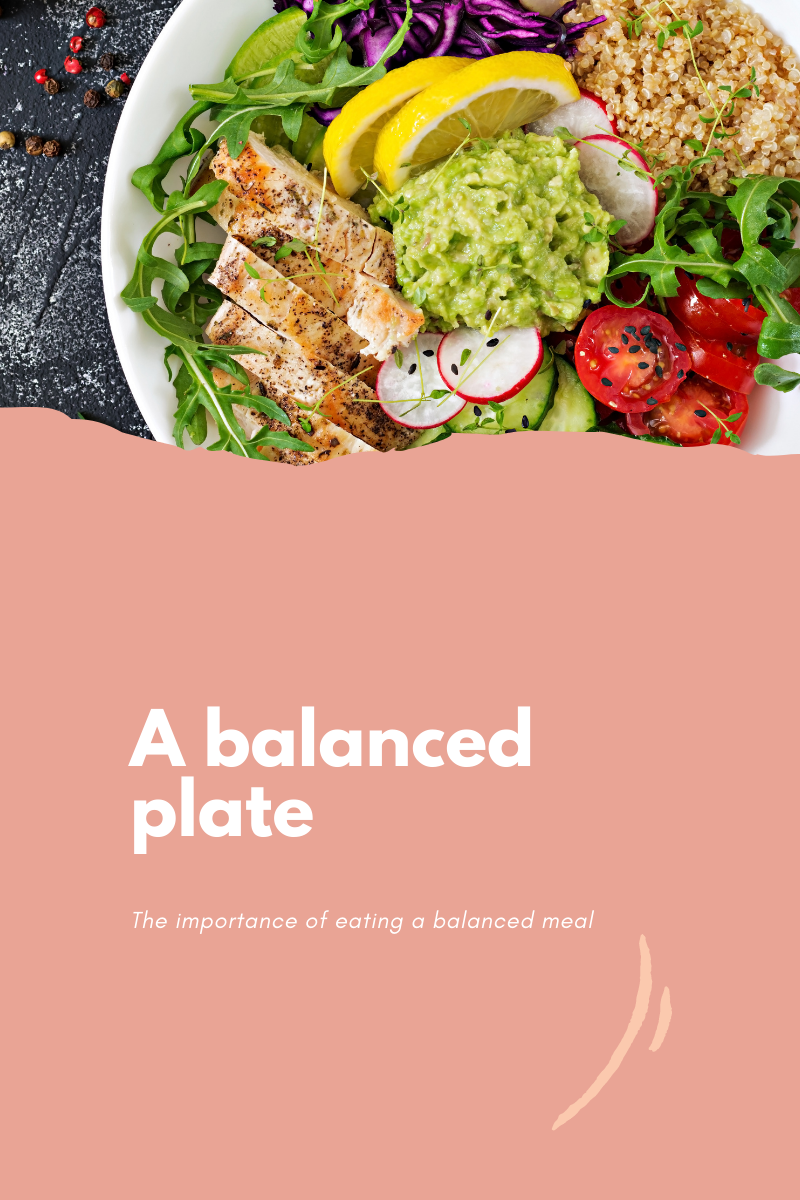Many people find it very difficult to know what to eat these days. We are all constantly bombarded with new diets or ways to eat, and it can be difficult to make any sense of it. However, it doesn’t have to be this difficult as, essentially, we all should eat a balance of macronutrients, that is carbohydrates, proteins and fats from wholefood sources. These can come from animal or plant sources*, but if you follow my simple guide below, you will ensure that your body is provided with long-lasting energy and that blood sugar levels are stable.
Having said this, we are all different and foods that work for one person may not do so for another for various reasons, for example digestive or ethical reasons. We also all have different energy needs, for example a child/teenager, a pregnant or breastfeeding woman or an athlete all have higher energy needs than most adults with a sedentary job. It is also critically important that you enjoy what you eat because eating is meant to be pleasurable as well as energising. It may take some time to work out what exactly works for you but start off with a plate full of balanced macronutrients and you are halfway there.
To build a plate
- Start off with a complex carbohydrate like sweet potato or potato, buckwheat, brown rice, quinoa, millet, oats (about 1/3 – ½ cup of grains or 1 cup of vegetables)
- Top it with some non-starchy vegetables or low-starch vegetables like greens, lettuce, cauliflower, broccoli, beans, root vegetables, etc. (about half the plate)
- Add a portion of good quality protein like grass-fed beef, lamb or chicken (a portion is a piece of meat/fish that is about the size of your palm), 2-3 organic eggs, 1/3 – ½ cup of organic tofu, tempeh or legumes
- Finish off with high-quality fats like extra virgin olive oil (1-2 tablespoons), ¼ – ½ avocado, ¼ cup of nuts & seeds or cheese (including nut cheeses)
If you are unsure about what macronutrients are, refer to my blog on macronutrients. In a nutshell though, macronutrients are the main nutrients we get from food. There are 3 macronutrients – carbohydrates, protein and fat – although fibre, a type of carbohydrate, could be counted as fourth one because of its importance to the digestive system. Each one has its specific role and together they fuel our bodies and help us build immunity against disease. It is therefore important that we eat a well-balanced ratio of macronutrients every day. If you need some help with meal planning, do reach out and book a complimentary discovery call, where we can discuss how I can help.
*If you follow a strict vegan or vegetarian diet, it is important that you pay extra attention to getting enough of certain micronutrients like iron and B12, as they can be difficult to obtain from non-animal sources. If you would like to find out what nutrients can be missing on a vegan or vegetarian diet and how to make sure that your vegan/vegetarian diet is as nutrient dense as possible, please book in for a free 15-minute discovery call or contact me for an appointment.

